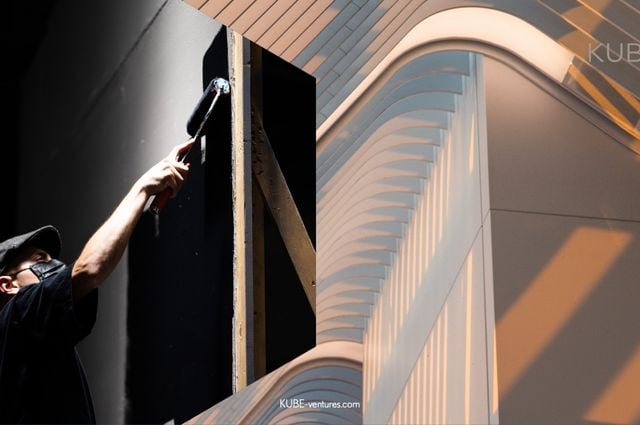How do we encourage a start-up culture in hospitality?
9 experts shared their view
The KUBE mantra is to incubate and accelerate start-ups in hospitality. We understand that in order to affect substantive change we need to reach a tipping point for the growth of start-ups. In technology, we are witnessing impressive growth in startups, meanwhile, for hospitality, we're not seeing that same growth.
So our question to you is: "How do we encourage a start-up culture in hospitality?"
Start-ups need a strong ecosystem to nourish them. Good financial funding upfront is important to help build a strong foundation, but investment from the hospitality community in the form of strategic guidance, introductions, references, and just taking a chance on a new thing is the fuel that helps them grow. If entrepreneurs see that the hospitality industry has a well-nurtured start-up ecosystem, they will feel much more confident pouring their time, energy, and money into building the next big thing for us.
To create such an ecosystem in hospitality, we first have to break down our industry's unique barriers to start-up success and make ourselves an attractive target for investment.
- Mindset: I have heard numerous times at industry conferences that "No CIO ever got fired for putting in insert name of really large tech provider here." This mindset has to change to one that focuses on solving actual business needs with technology versus choosing a product and then trying to make your business work around it. This starts at the top of the company with an analysis of how you want the business to run and what you want the customer journey to be. Then you select technology that solves your problems or is extendable enough to allow for other integrated systems to close the gap. On the vendor side, start-ups that extend the functionality of your products should be viewed as a strategic advantage that makes you even more sticky with your customers. Even if that start-up is providing a component you have already built, you should embrace this - it is better to lose the component than the customer.
- Integrations: There is inevitably a session at every hospitality technology conference on the challenges of integration. Inability to easily integrate with large software providers in the industry makes the cost of building new products which extend the functionality of these applications very expensive. It also makes the cost, risk, and time to implement much higher for any hospitality company looking to try out that product. APIs need to be open and comprehensive. We've seen a shift the past several years now to this philosophy, but we still aren't there yet.
- Guidance: There needs to be a network of well-connected mentors and strategic advisors with an active interest in helping start-ups grow that are willing to share their expertise, experience, and network (often for free) to help entrepreneurs outside of hospitality bring in fresh ideas. Participation by C-level executives in the industry in this network signals that their organizations are open to start-ups and helps entrepreneurs focus on actual versus perceived problems.



